From difficulties in implementation, localities proposed solutions to operate the model more effectively, towards a government closer to the people, serving the people better.
Overcome difficulties soon
Pointing out the difficulties and obstacles in streamlining the apparatus according to the 2-level local government organization model, Ms. Nguyen Thi Hong Tham, Deputy Director of the Ho Chi Minh City Department of Home Affairs, said that the first difficulty is in terms of institutions and policies.
Accordingly, although the Government, the Ministry of Home Affairs and specialized management ministries have promptly directed and guided, the practical implementation of the 2-level local government organization model in Ho Chi Minh City has given rise to many situations that have not been regulated by any document. This has led to difficulties and confusion in implementation, especially for commune-level administrative units.

Ms. Nguyen Thi Hong Tham cited that according to the Law on Organization of Local Government, when implementing the 2-level local government model, commune-level administrative units are entitled to establish public service units. However, in reality, there is still a need for guidance documents and unification from the central to provincial levels in terms of legality and professional expertise.
In addition to institutional problems, according to Ms. Nguyen Thi Hong Tham, the implementation of the two-level local government model also faces difficulties in organization and personnel. The new Ho Chi Minh City has a larger area, officials and civil servants have to work far away, but headquarters in some places are not guaranteed, leading to anxiety.
Along with that, the assignment of tasks in some agencies and units is not really synchronous, in some places there is a situation of local surplus or shortage of personnel.
The leaders of the Ho Chi Minh City Department of Home Affairs also informed that with a wider scope of functions and management tasks, it requires the team of commune-level cadres and civil servants to be trained and fostered to improve their political qualities, professional capacity (such as management, operation, consulting, and synthesis skills) as well as digital skills to ensure the quality and effectiveness of consulting, especially issues related to organizational structure, staffing, etc.
Ms. Nguyen Thi Hong Tham said that in the coming time, Ho Chi Minh City will continue to improve the organizational structure and staff, civil servants, and non-professional workers after the reorganization; review and evaluate the implementation of procedures for converting documents related to life and social security for individuals and organizations, with the principle of not collecting fees when converting due to changes in administrative boundaries.
At the same time, focus on solving new problems arising in the process of implementing the rearrangement of administrative units.
Mr. Phan Van Binh, Director of the Department of Home Affairs of Da Nang City, stated the current situation, the biggest difficulty in this locality is the lack of working equipment, especially in communes, wards, and public administrative service centers in mountainous areas; weak and unstable information technology infrastructure, affecting access and processing of documents when performing public services; uneven quality of cadres and civil servants among the Party, government, and mass fronts; not much document editing and digitization...
At the conference, some localities also frankly raised many difficulties in nearly 1 month of operating the 2-level local government organization model. Director of the Department of Home Affairs of Nghe An province Nguyen Viet Hung shared that currently there is a lot of work at the commune level, which has been decentralized a lot, the chairman of the People's Committee at the commune level basically performs the same work as the chairman of the People's Committee at the district level before the arrangement. Currently, the volume of archived records is very large, and data needs to be digitized soon.
Meanwhile, Mr. Nguyen Quoc Huu, Director of the Department of Home Affairs of Thai Nguyen province, said that when operating the new model, in mountainous areas, especially in areas with ethnic minorities, there is a need for young people who are knowledgeable about the locality, the ethnic language, and technology, so the Ministry of Home Affairs needs to have guidelines for recruiting part-time cadres at the commune level to carry out assigned tasks.
Director of Lam Dong Province Department of Home Affairs Do Van Chung pointed out the shortcomings in data connection with ministries and branches that make administrative procedure settlement difficult...
Difficulties and problems are inevitable
Regarding the operation of the two-level local government organization model, Minister of Home Affairs Pham Thi Thanh Tra affirmed that this is a new model, without precedent; therefore, the initial difficulties, problems and shortcomings in the past month are inevitable.
However, according to the Minister of Home Affairs, the important thing is to identify these difficulties, obstacles and shortcomings in order to focus on resolving them, thereby achieving the goal of a two-level local government close to the people, serving the people better.

“The lesson learned from the implementation of the two-level local government model is the lesson of the spirit of horizontal and vertical transparency that determines success. Along with that is the wise leadership of the Politburo, the Central Executive Committee, and especially the head of our Party…”, Minister Pham Thi Thanh Tra commented.
Talking about the tasks for the last 6 months of the year and in the coming time, Minister Pham Thi Thanh Tra suggested that units and localities need to ensure the stability of the organization of the local government at 2 levels, but also aim to speed up the operation to be efficient, effective and efficient to better serve the people.
The Ministry of Home Affairs will consult to determine how many job positions there are in the current political system, from which it will have a basis to give the expected number of staff in the period 2026-2030; in the near future, the total staff will be decentralized to localities more flexibly.
“Localities cannot wear the same “shirt”, the “shirt” in Hanoi must be different, the “shirt” in remote areas must be different. Only then can we meet the requirements when operating the 2-level local government organization model”, Minister Pham Thi Thanh Tra stated her opinion when assigning the total payroll in the coming time.
To build a team of commune-level cadres and civil servants that can meet new tasks, Minister Pham Thi Thanh Tra suggested that localities consult to increase cadres, civil servants and specialized public employees; have public, democratic and accurate assessments of commune-level cadres and civil servants to restructure and improve the quality of the team in conjunction with implementing existing policies, ensuring the retention of competent cadres; at the same time, pay attention to accommodation and ensure a stable life for cadres and civil servants when they have to move to a new workplace.
According to the report of the Ministry of Home Affairs, as of July 15, the number of cadres, civil servants, public employees, and workers in agencies, organizations, and units of the Party, the State, the Vietnam Fatherland Front, and socio-political organizations from the central to grassroots levels and the armed forces who have decided to quit their jobs, the number of people who have received policy and regime money according to Decree No. 178/2024/ND-CP and Decree No. 67/2025/ND-CP of the Government is 85,447 people; the number of people who have quit their jobs is 77,278 people (retired and resigned); the number of people who have received money or have been approved to receive money is 74,248 people.
Source: https://www.sggp.org.vn/se-phan-cap-tong-bien-che-cho-dia-phuong-linh-hoat-hon-post805498.html



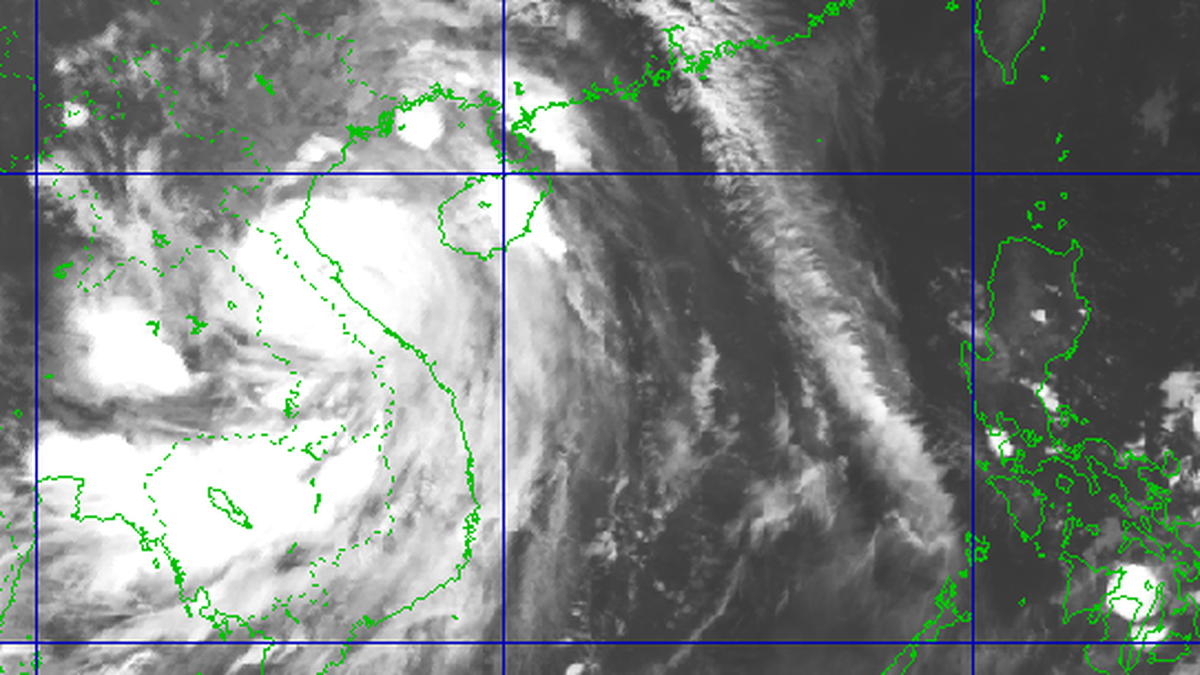

![[Photo] High-ranking delegation of the Russian State Duma visits President Ho Chi Minh's Mausoleum](https://vphoto.vietnam.vn/thumb/1200x675/vietnam/resource/IMAGE/2025/9/28/c6dfd505d79b460a93752e48882e8f7e)
![[Photo] Joy on the new Phong Chau bridge](https://vphoto.vietnam.vn/thumb/1200x675/vietnam/resource/IMAGE/2025/9/28/b00322b29c8043fbb8b6844fdd6c78ea)
![[Photo] The 4th meeting of the Inter-Parliamentary Cooperation Committee between the National Assembly of Vietnam and the State Duma of Russia](https://vphoto.vietnam.vn/thumb/1200x675/vietnam/resource/IMAGE/2025/9/28/9f9e84a38675449aa9c08b391e153183)
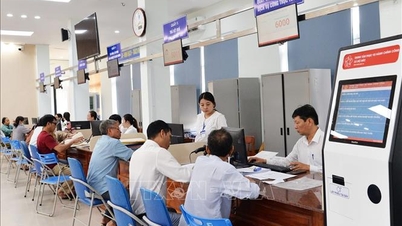

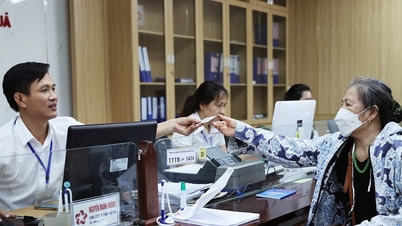





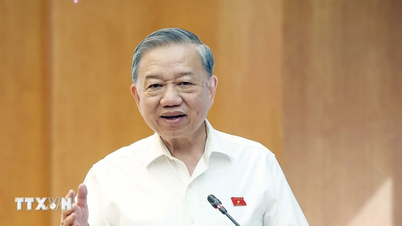

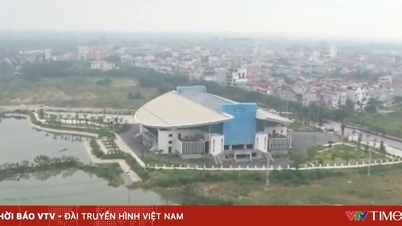

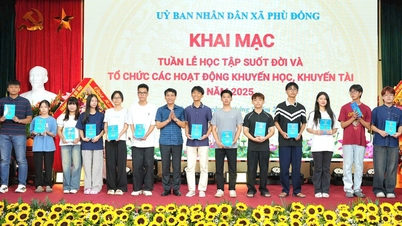

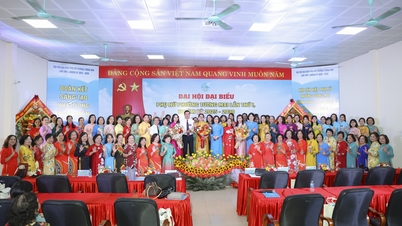










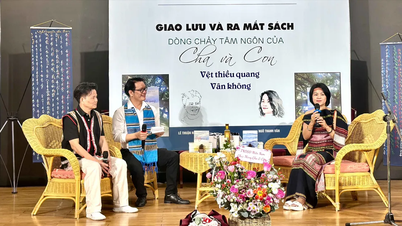

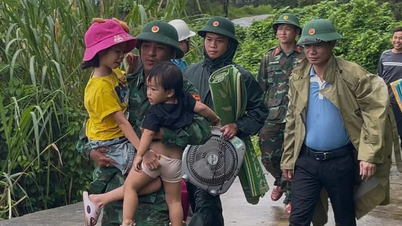


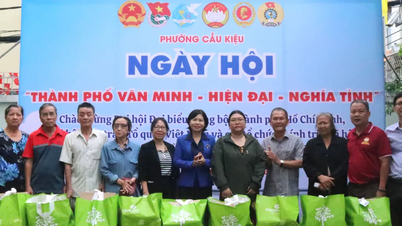
























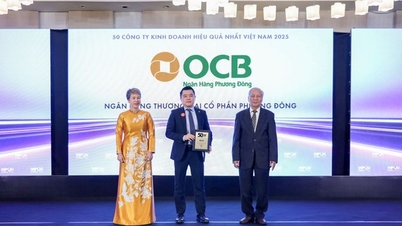








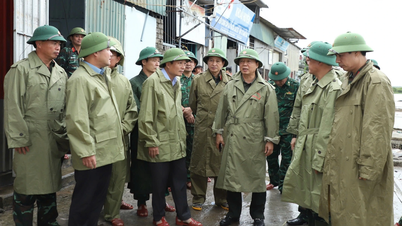








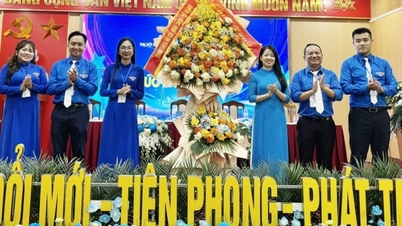
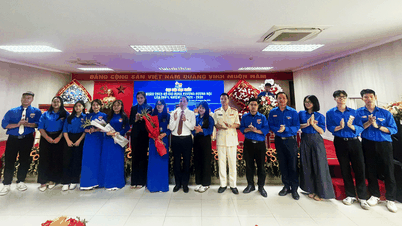













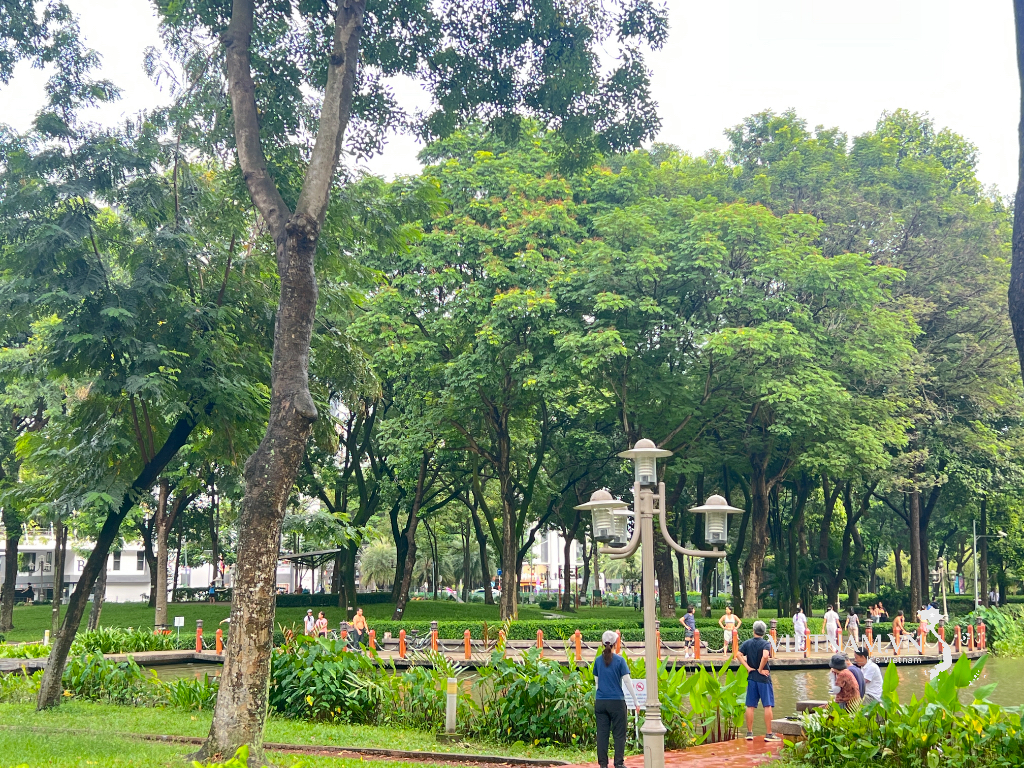
Comment (0)